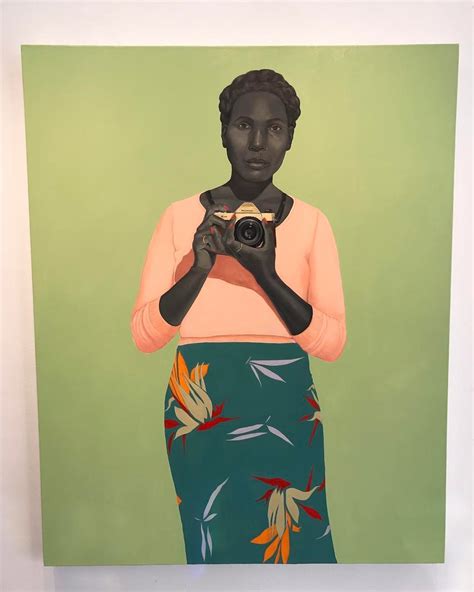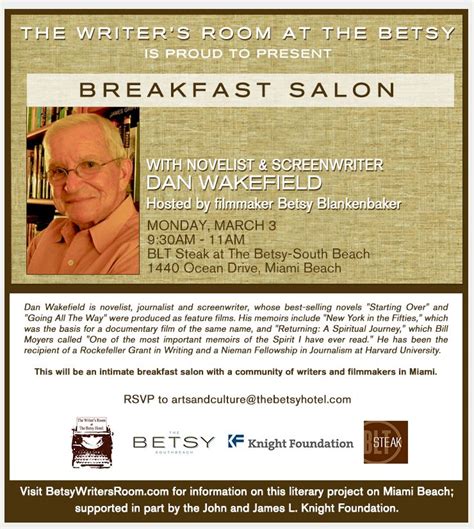A Quote by Amy Sherald
My father wanted me to be a dentist like him, or any doctor, really. There was this attitude of, 'The civil rights movement was not about you being an artist.'
Related Quotes
In less than a century we experienced great movement. The youth movement! The labor movement! The civil rights movement! The peace movement! The solidarity movement! The women's movement! The disability movement! The disarmament movement! The gay rights movement! The environmental movement! Movement! Transformation! Is there any reason to believe we are done?
Particularly black Americans, many of them, from quotes that I have seen and conversations I've had, are sort of insulted that the civil rights movement is being hijacked - the rhetoric of the civil rights movement is being hijacked for something like same sex marriage. Black Americans tend to have a higher degree of religiosity.
My father told me about American democracy. And he said you have to be actively engaged in the political process to make our democracy work. So I've been doing that my entire life. Civil rights movement. The peace movement during the Vietnam conflict. The movement to get an apology and redress for Japanese-Americans.
Historically, narratives of forgiveness were part of both the anti-slavery movement and the civil rights movement in America. 'Uncle Tom's Cabin,' for instance, was based loosely on the life of the Rev. Josiah Henson, who forgave his master that wanted to sell him and beat him after Henson begged him not to.






































